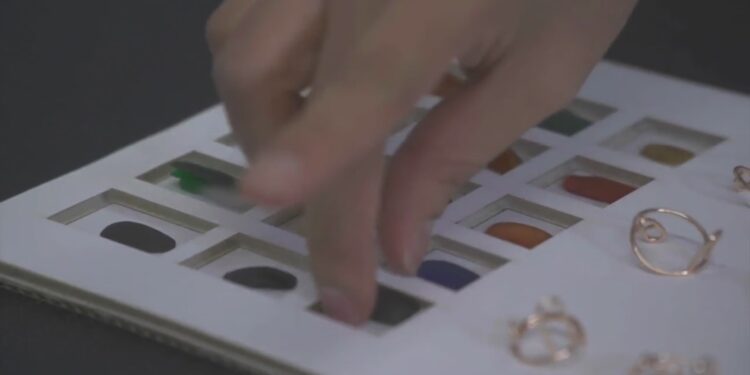Introduction to Biodegradable Nails by CU Boulder
In an age where sustainability is becoming increasingly crucial, researchers at the University of Colorado Boulder have embarked on a groundbreaking project focused on developing biodegradable nails. This innovation could revolutionize industries dependent on traditional metal nails, offering an eco-friendly alternative that decomposes naturally without leaving a trace. CU Boulder’s initiative is a significant step towards embracing sustainable materials in construction and various fields.
Why Biodegradable Nails?
The environmental impact of metal nails is an often-overlooked factor in ecological assessments. Traditional nails can lead to significant waste and environmental degradation. By contrast, biodegradable nails offer a sustainable solution. Made from materials that naturally break down, these nails reduce the ecological footprint and promote a circular economy.
The Environmental Benefits
Biodegradable nails are crafted from compostable materials that have minimal impact on the environment. By decomposing naturally, these nails prevent soil contamination and reduce landfill contributions. This aligns perfectly with modern sustainability goals, emphasizing reduced waste and resource conservation.
How CU Boulder is Leading the Change
CU Boulder stands at the forefront of innovative research. Their team has developed a unique blend of natural fibers and biodegradable polymers, leading to nails that are both strong and eco-friendly. This development not only promises to cut down on waste but also enhances the sustainable credentials of any project utilizing these nails.
The Role of CU Boulder Researchers
The researchers at CU Boulder are pioneers in eco-friendly technology. By utilizing their expertise in sustainable materials, they have engineered a product that meets the demands for strength and durability while being entirely biodegradable. Their work highlights the university’s commitment to leading in environmental innovation.
Potential Applications
The construction industry stands to benefit significantly from biodegradable nails. With increasing pressures to adopt sustainable practices, these nails can be a viable alternative in building homes, furniture, and even temporary structures. Moreover, sectors such as agriculture and arts and crafts could also integrate these sustainable nails with ease.
Market Potential and Challenges
While biodegradable nails hold great promise, challenges remain regarding mass production and market acceptance. However, as sustainability becomes a priority for consumers and companies alike, the demand for such products is expected to rise. CU Boulder’s ongoing research is geared towards scalability and creating viable market solutions.
Conclusion
CU Boulder researchers are leading a transformative change in sustainable materials with their biodegradable nails innovation. By offering an environmentally friendly alternative to traditional nails, they are paving the way for industries to reduce their ecological impact while maintaining efficiency and strength in their products. As the world moves towards eco-friendly practices, biodegradable nails represent an exciting development in sustainable technology.
Through such innovations, CU Boulder continues to demonstrate the critical role of academia in driving forward-thinking approaches in sustainability, ensuring a greener and more environmentally responsible future.
























